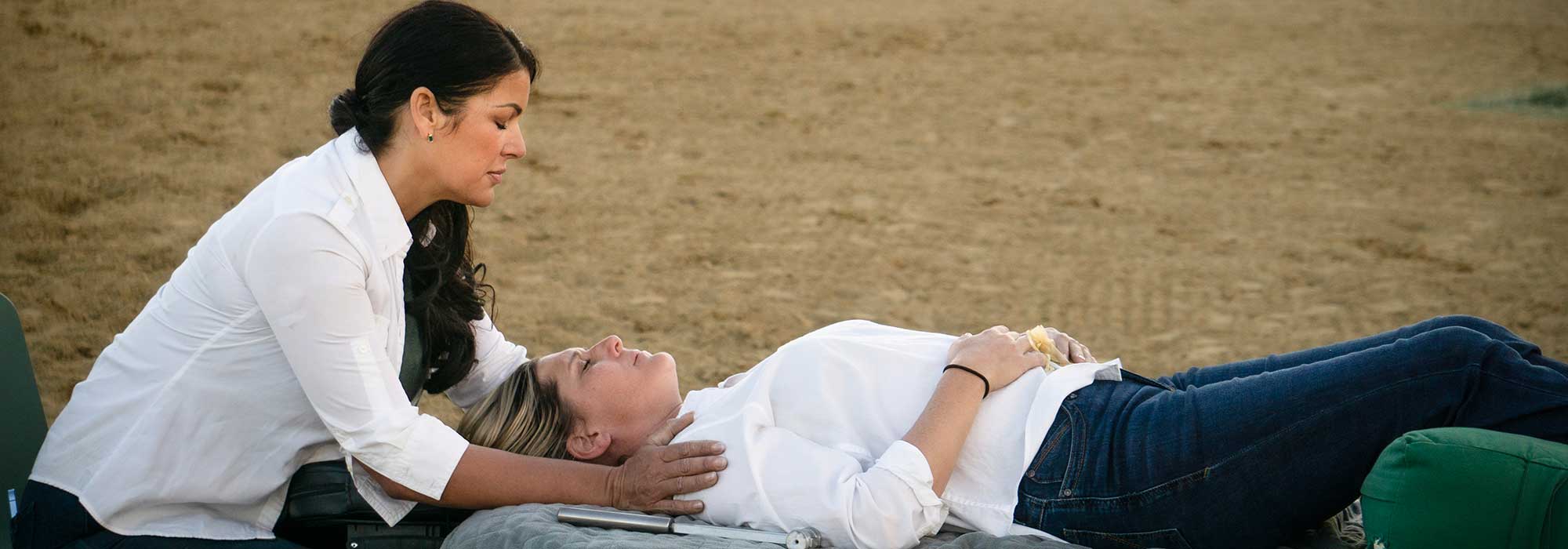
The Seven Elements of Trust: BRAVING
To help participants build and understand trust, we integrate the BRAVING framework — seven key elements that form the foundation of trust:
Bianca is currently accepting new patients. Please Contact her to schedule your first appointment.
With the exception of Equine Therapy (private pay only), most insurances are accepted.
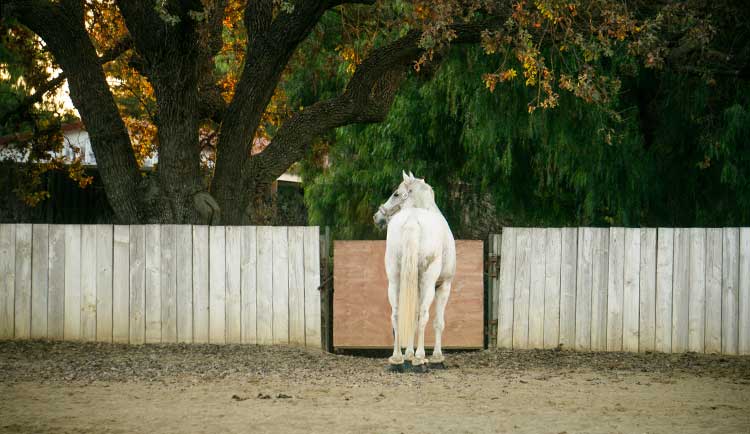
1Boundaries:
Horses require clear, respectful boundaries to feel safe. Participants learn how to set, communicate, and respect boundaries — both in their interactions with the horses and in their personal lives.
2Reliability:
Trust grows through reliability. By consistently showing up for the horses — feeding, grooming, and caring for them — participants experience the importance of being dependable, which builds self-trust and relational trust.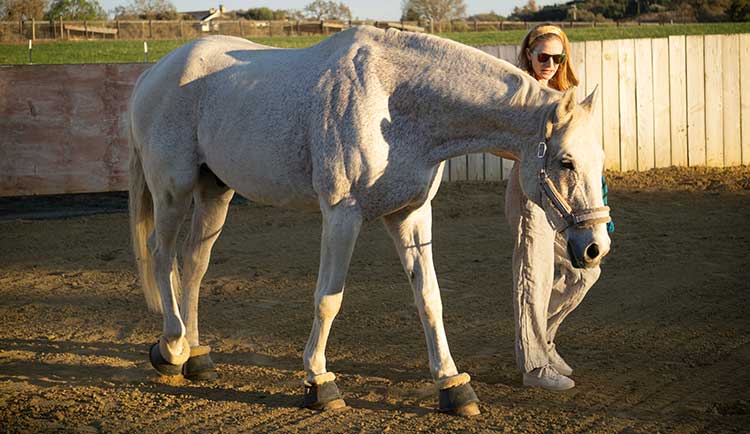
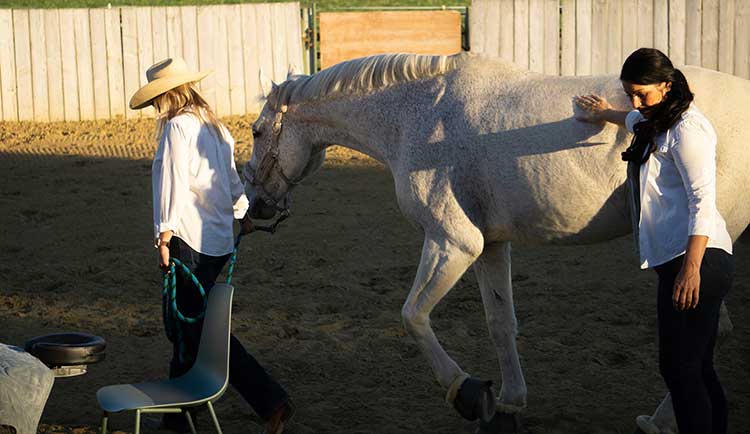
3Accountability:
Owning our actions is key to developing trust. Horses mirror our behavior, holding participants accountable for their emotions and energy. In our program, participants learn to take responsibility for their mistakes and successes alike.4Vault:
Horses are like vaults — they keep our secrets. In equine therapy, participants are encouraged to practice confidentiality and respect, understanding the importance of creating a safe and trustworthy environment for emotional expression.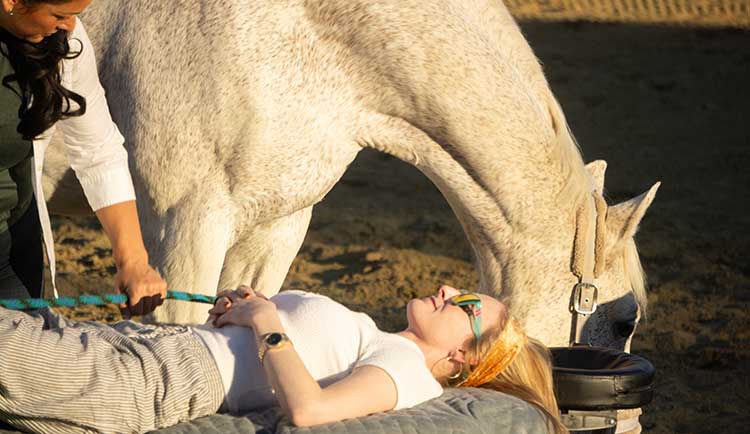
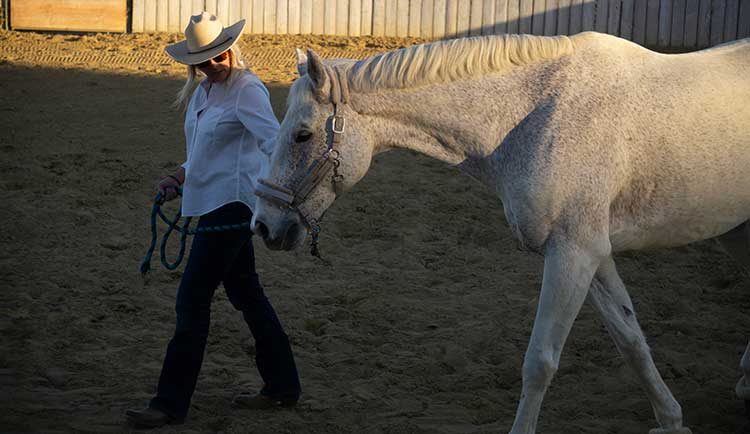
5Integrity:
Horses value authenticity and consistency. Participants develop integrity by aligning their actions with their values and learning to lead with honesty, courage, and transparency — both with the horses and in their relationships.6Non-Judgment:
Horses do not judge; they accept us as we are. Participants in our program learn to cultivate non-judgment toward themselves and others, creating space for healing, understanding, and compassion.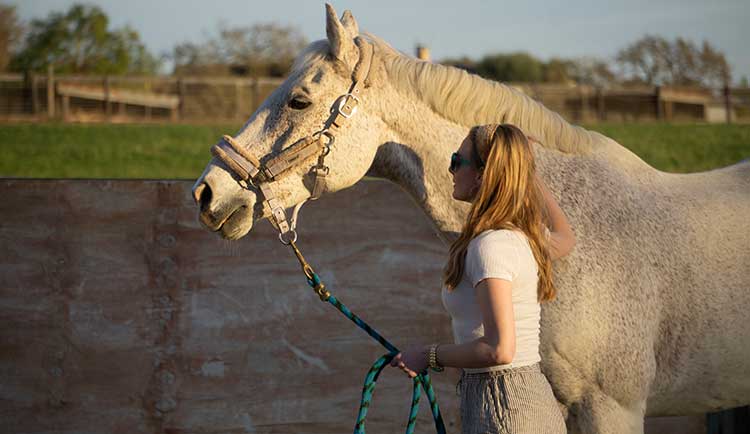
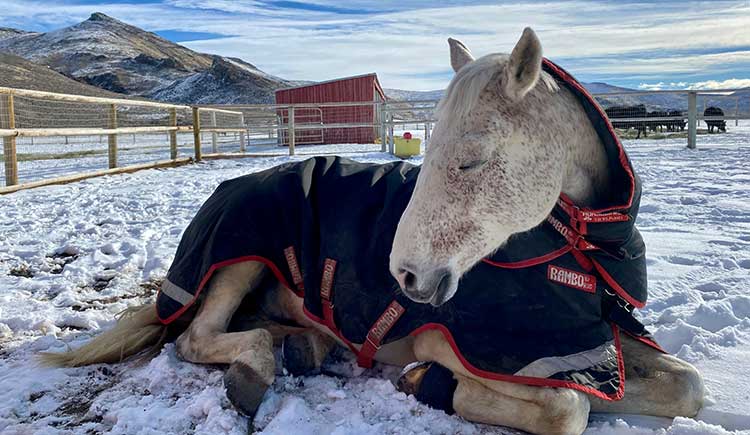
7Generosity:
Trust also involves giving others the benefit of the doubt. In our sessions, participants learn to practice generosity in relationships — assuming positive intent and creating a culture of support and kindness, both in their interactions with horses and in their everyday lives..Book a Session
